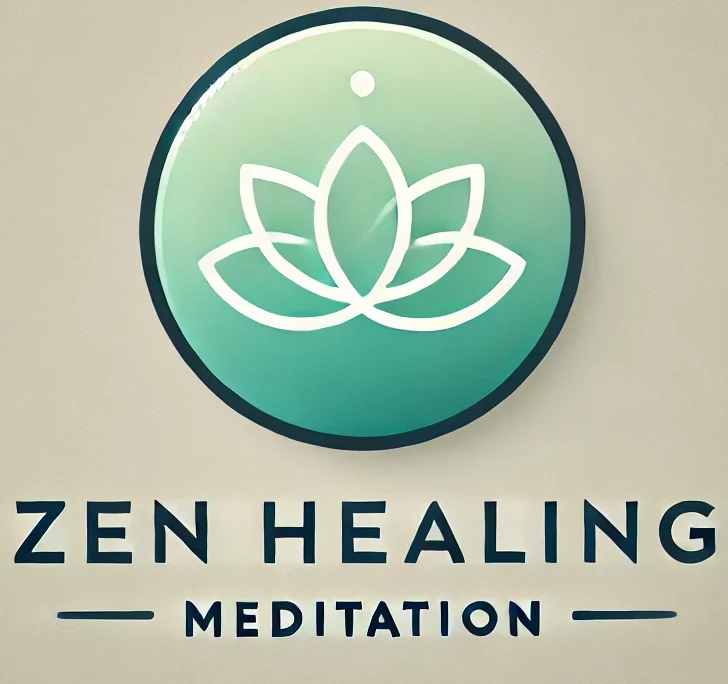Stress and tension are present in everybody’s life, no matter where you live. Everybody has some kind of commitment and delivery to make in their personal and professional lives. With the hectic pace and demands of modern life, many (if not most) people feel stressed and overworked.
It often feels like there is just not enough time in the day to get everything done. Our stress and tiredness make us unhappy, impatient and frustrated. It can also affect our health. There are times when it becomes too difficult to handle the pressure, and you might have a nervous, psychological or professional breakdown.
Before reaching that extreme stage, it is always good to find out ways to combat the pressure. In worse situations, it may happen that you will need to see a doctor and take medicines to overcome the stress and tension of your life. You may also opt for meditation techniques for stress as they are nature’s way of healing and will do only good for you.
You may also opt for meditation techniques for stress as they are nature’s way of healing and will do only good for you.
Are you a newcomer to the world of meditation? Worry not! There are innumerable kinds of meditation for beginners that you can start with. Then you can practice the general meditation procedures once you are comfortable with the initial meditation techniques.
You must be thinking, “what do I need to do to get rid of the stress when I meditate.”
It’s simple. You will need a serene and tranquil ambiance. You can do this any time of the day, but doing your meditation first thing in the morning will keep you fresh and energized throughout your day.
Your capacity for handling stress and tension will also improve. You will feel the change from within; this is where meditation techniques excel over other stress busters. We are often so busy that we feel there is no time to stop and meditate! But meditation actually gives you more time by making your mind calmer and more focused.
Meditation can also help us understand our minds. It can bring us from negative thinking to positive thinking, from troubled to peaceful, and from unhappy to happy.
Here are some tips for meditation for beginners to reduce stress:
1. First, you need to learn to relax. Only when your body is relaxed and free from stress will your mind be able to relax. So the first thing that you need to do is to sit and relax on a chair, bed or mattress, whichever is suitable for you. A modest ten or fifteen-minute guided meditation can help you overcome your stress and find inner peace and balance.

2. Pay great attention to your posture. This is one of the most important instructions that come with meditation techniques for stress. You must always sit with your back straight while meditating while also maintaining a comfort level of your body.
3. When you are stressed, your shoulders feel stiff and tight. Loosen your shoulders and lower them if possible. Now try to roll them a few times. Many people practice such easy meditation techniques for stress at their office place also as they are very convenient to do at any place.

4. Breathe properly and mindfully. Concentrate on your breathing patterns. Inhale through the nose and exhale through the mouth with a regular and slow rhythm, and feel your mind and body relax.
Newer technologies are being invented and implemented each day as meditation techniques for stress. There are various kinds of audio meditations, CDs, YouTube videos and mp3s that are available that will help you meditate. These are very useful for beginners in meditation.
Meditation and its numerous benefits:
Meditation is a powerful tool to reduce stress and bring about a sense of calm and balance in our lives. In addition to the benefits mentioned in the previous article, here are some additional benefits of practicing meditation:
- Improves focus and concentration: Meditation involves focusing your attention on a particular object or mantra. This helps to train your mind to concentrate and improves your ability to focus on tasks in your daily life.
- Reduces anxiety and depression: Research has shown that regular meditation practice can help reduce symptoms of anxiety and depression. It helps to reduce negative thoughts and emotions, allowing you to feel more positive and optimistic.
- Lowers blood pressure: High blood pressure is a common health issue that can lead to heart disease, stroke, and other serious health problems. Regular meditation has been shown to lower blood pressure and improve overall cardiovascular health.
- Boosts immune function: Chronic stress can weaken your immune system, making you more vulnerable to illnesses and infections. Meditation can help reduce stress and boost your immune function, helping to keep you healthy.
- Improves sleep: Many people suffer from insomnia or have trouble sleeping well. Meditation can help relax your body and mind, making it easier to fall asleep and stay asleep throughout the night.
- Enhances creativity: Regular meditation practice can help unlock your creative potential. It can help you tap into your subconscious mind and access new ideas and perspectives that you may not have considered before.
- Increases self-awareness: Meditation helps to quiet your mind and bring your attention inward. This can help you become more aware of your thoughts, emotions, and behaviours and help you make positive changes in your life.
- Improves relationships: Stress and tension can put a strain on your relationships with others. Regular meditation practice can help you develop more compassion and empathy, making it easier to connect with others and build stronger relationships.
- Reduces symptoms of chronic pain: Meditation has been shown to be effective in reducing symptoms of chronic pain. It can help to reduce the perception of pain and improve the overall quality of life for individuals suffering from chronic pain conditions. Some studies have proven that the body can heal itself when shown how to do it.
- Increases emotional intelligence: Meditation can help you develop greater emotional intelligence, which involves being more aware of your own emotions as well as the emotions of others. This can help you communicate more effectively, manage conflicts more skillfully, and build stronger relationships.
- Boosts resilience: Life can be full of challenges and setbacks. Regular meditation practice can help you develop greater resilience, allowing you to bounce back more quickly from adversity and cope more effectively with stress.
- Improves decision-making: When stressed, it can be difficult to make clear, rational decisions. Meditation can help you calm your mind and improve your ability to make sound decisions, even in high-pressure situations.
- Enhances spiritual growth: Meditation has been used for centuries for spiritual growth and development. It can help you connect with your inner self, tap into your intuition, and deepen your sense of purpose and meaning in life.
- Increases overall well-being: In addition to the specific benefits listed above, regular meditation practice can help improve your overall sense of well-being. It can help you feel more relaxed, centred, and at peace with yourself and the world around you.
Incorporating meditation into your daily routine doesn’t have to be complicated or time-consuming. Just a few minutes a day can make a big difference in reducing stress and improving your overall health and well-being. Whether you prefer guided meditations, silent meditation, or other techniques, there are plenty of resources available to help you get started and make meditation a regular part of your life.
We hope that you find this article useful and that you learn to enjoy the mindfulness and inner peace that comes with a regular meditation practice.


